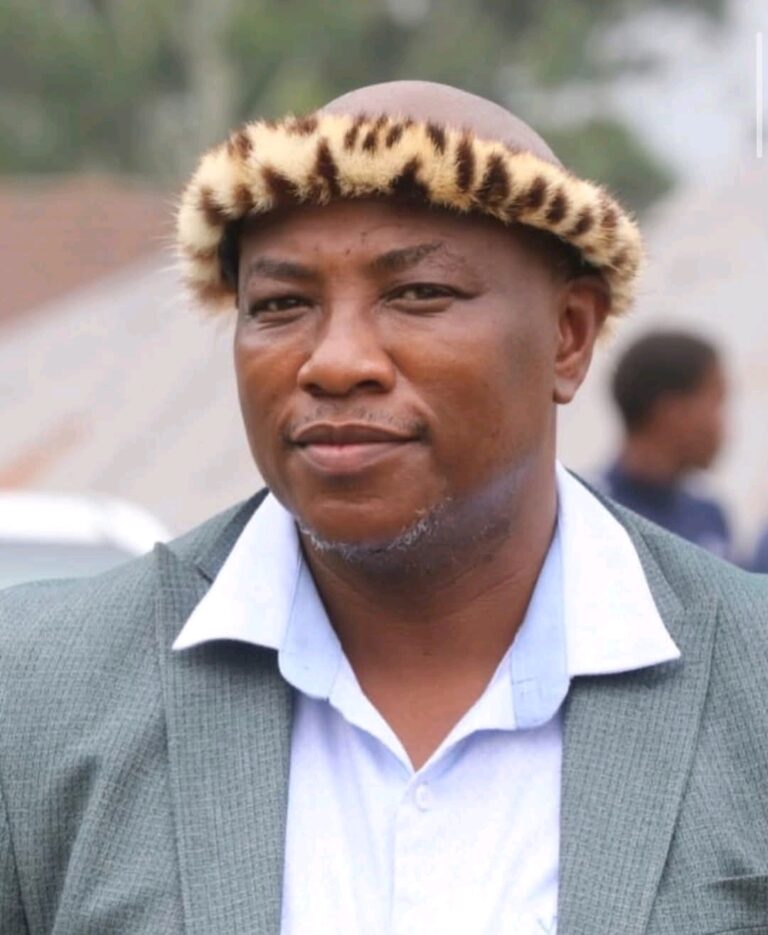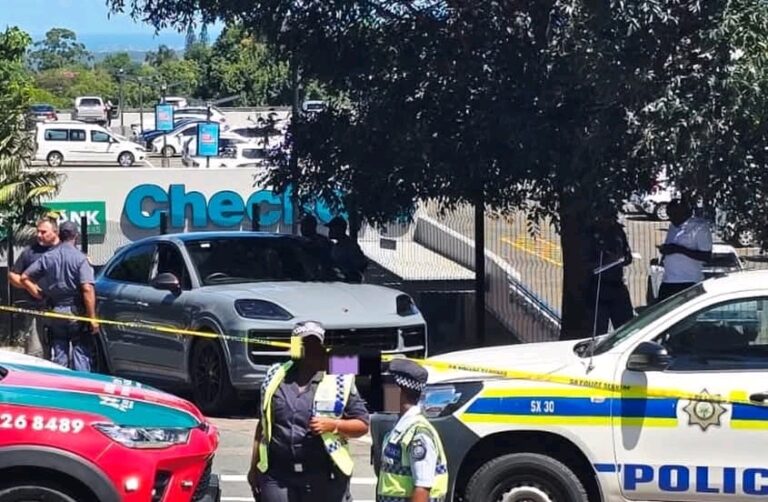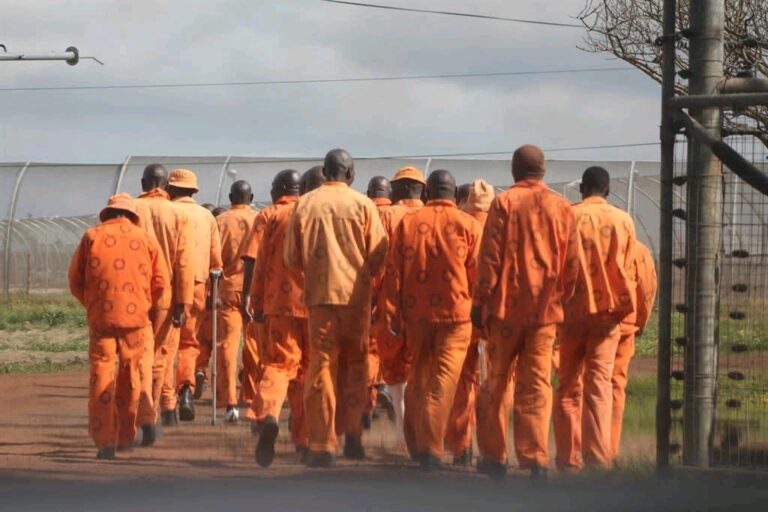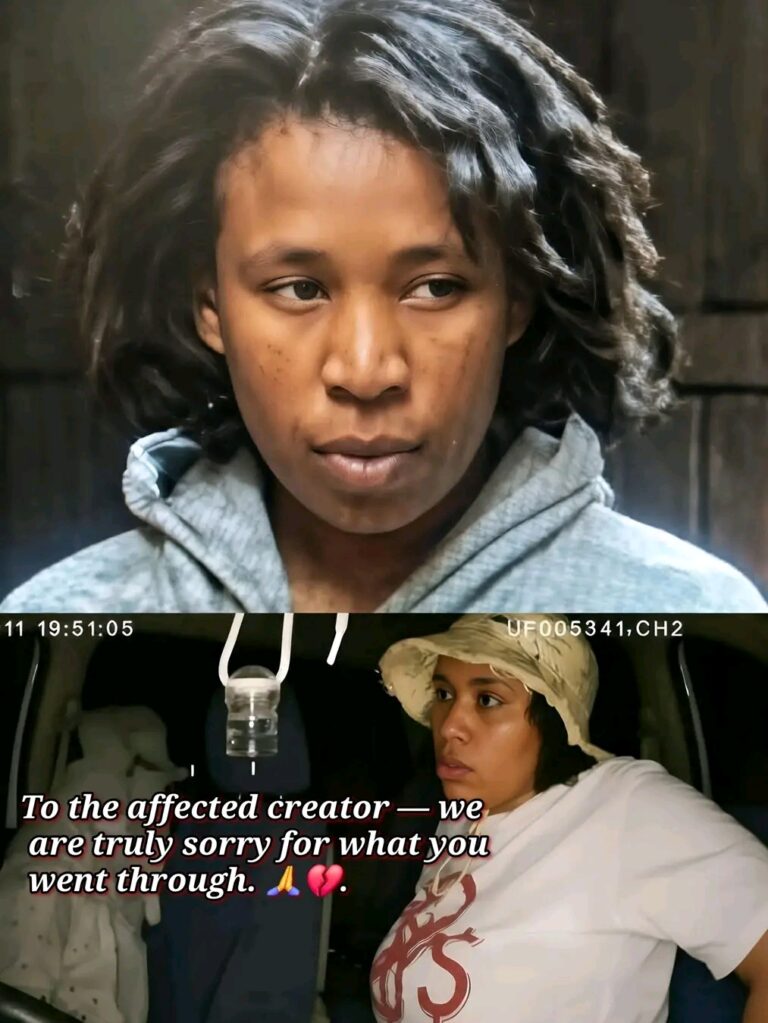
Legendary gospel singer Solly Moholo, a beloved and iconic figure in South Africa’s gospel music scene, was laid to rest during a provincial funeral on Saturday. The 65-year-old passed away on October 2, following a brief illness that required hospitalization, leaving a void in the hearts of his fans and the entire gospel community.
Moholo’s funeral drew a large crowd, with many prominent figures attending to pay their respects. Among those present were TV personality JJ Tabane, Gauteng Premier Panyaza Lesufi, and ANC First Deputy Secretary-General Nomvula Mokonyane. As tributes poured in, one message stood out: the deep sadness over how society had failed to support such an iconic artist in his time of need.
In an emotional speech, JJ Tabane spoke about the financial struggles Moholo endured before his death. He expressed frustration at the lack of support the gospel star received, particularly when it came to the medical care he desperately needed. According to reports, Moholo required R700,000 for life-saving brain surgery, but was unable to secure the financial assistance necessary. “It’s a bloody shame that a man of Solly’s stature had to suffer like this,” JJ said, highlighting the broader issue of how society often neglects those who have given so much to the arts.
Moholo’s passing came after he fell ill while on tour in Botswana. His health rapidly deteriorated, and he was transferred to a hospital in South Africa, where he was admitted to the intensive care unit. His family, desperate to save him, issued a public appeal for financial help through their legal representatives. Despite their efforts, Moholo passed away, leaving a lasting mark on the music industry.
The story of Solly Moholo’s financial struggles in his final days is reminiscent of other South African artists who have faced similar challenges. Rapper DA Les is one such example. He suffered a stroke on July 26 and was initially admitted to a private hospital. However, when funds ran out for his treatment, he had to be transferred to a public facility. His family, like Moholo’s, reached out to friends and supporters for financial assistance. The strain became overwhelming, exposing how even successful public figures can find themselves in precarious positions when medical emergencies arise.
These cases serve as a reminder of the vulnerability many artists face, despite their contributions to the entertainment industry. Solly Moholo’s powerful voice and moving performances touched the lives of many, yet when he needed help the most, the systems in place failed him. The lack of financial safety nets and the absence of robust support for artists, especially in times of health crises, underscores the need for change.
In the wake of Moholo’s death, fans and fellow musicians have called for better structures to support artists, ensuring they have the resources to access medical care when needed. His legacy will live on through his music, and his family plans to honor him with the release of a posthumous album. However, the conversation around the need for stronger financial and healthcare support systems for artists continues to grow louder.
The tragic loss of Solly Moholo serves as a sobering reflection on the ongoing struggles faced by South African entertainers. His contributions to gospel music will never be forgotten, but his story is a reminder that more must be done to protect those who give their lives to the industry.







